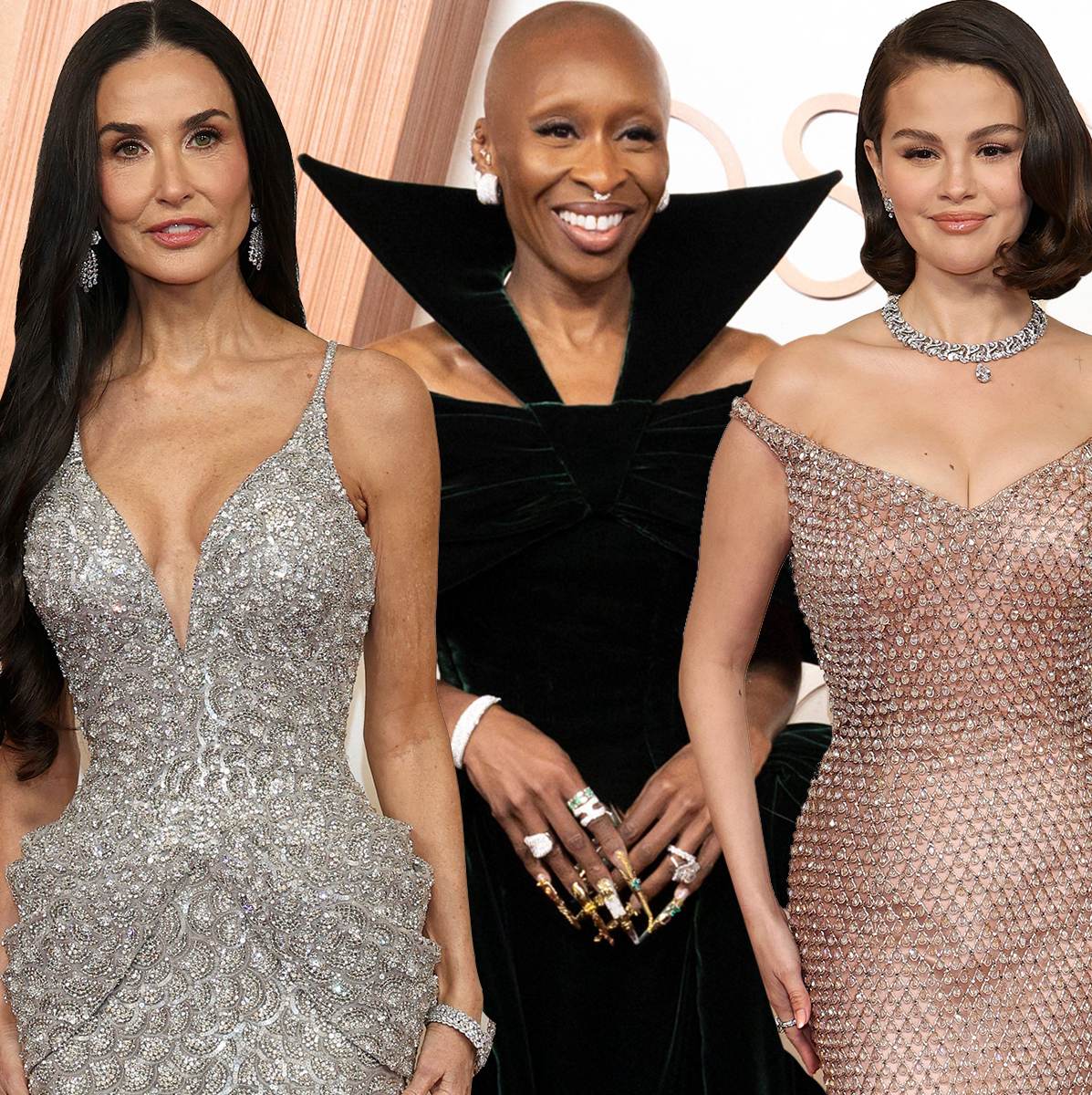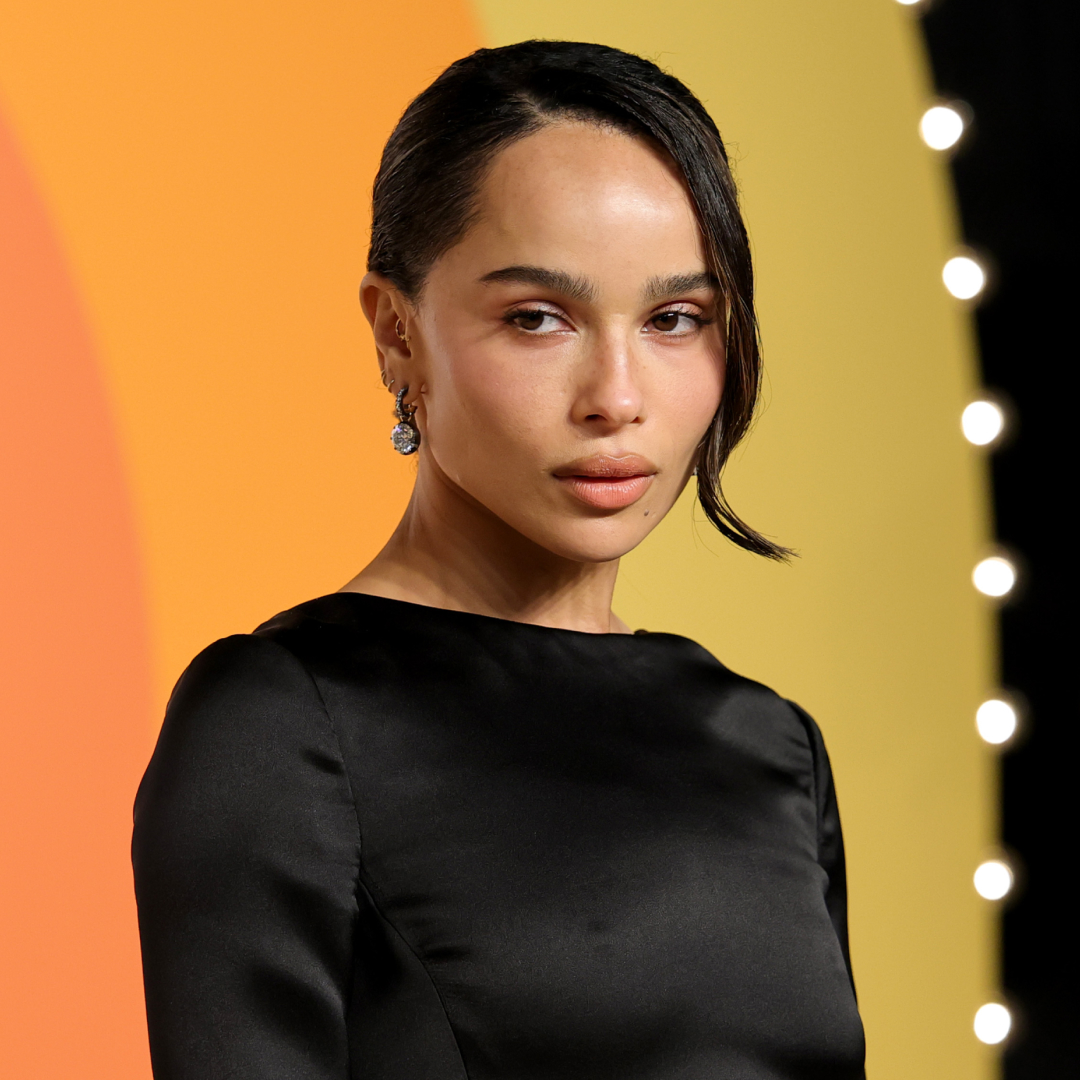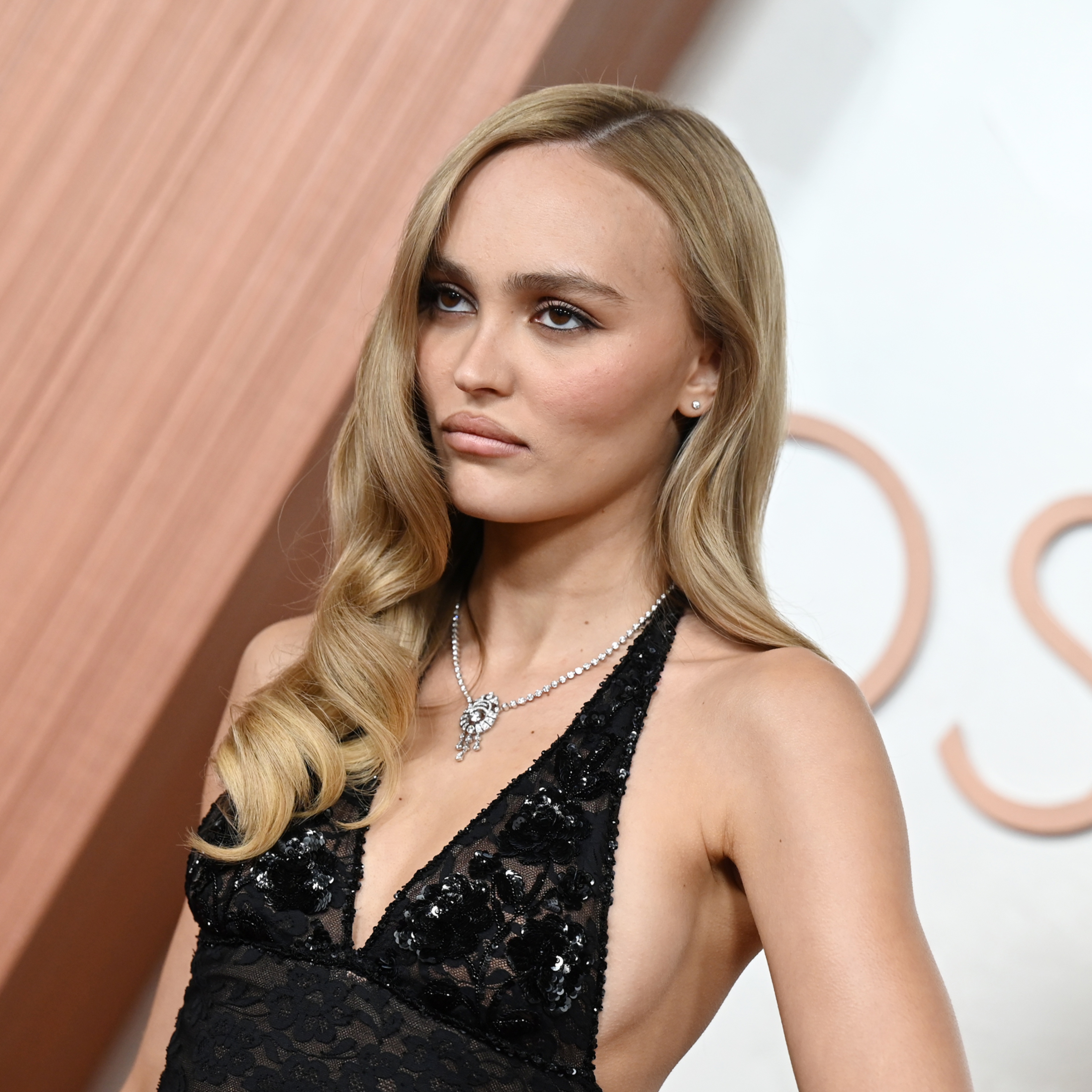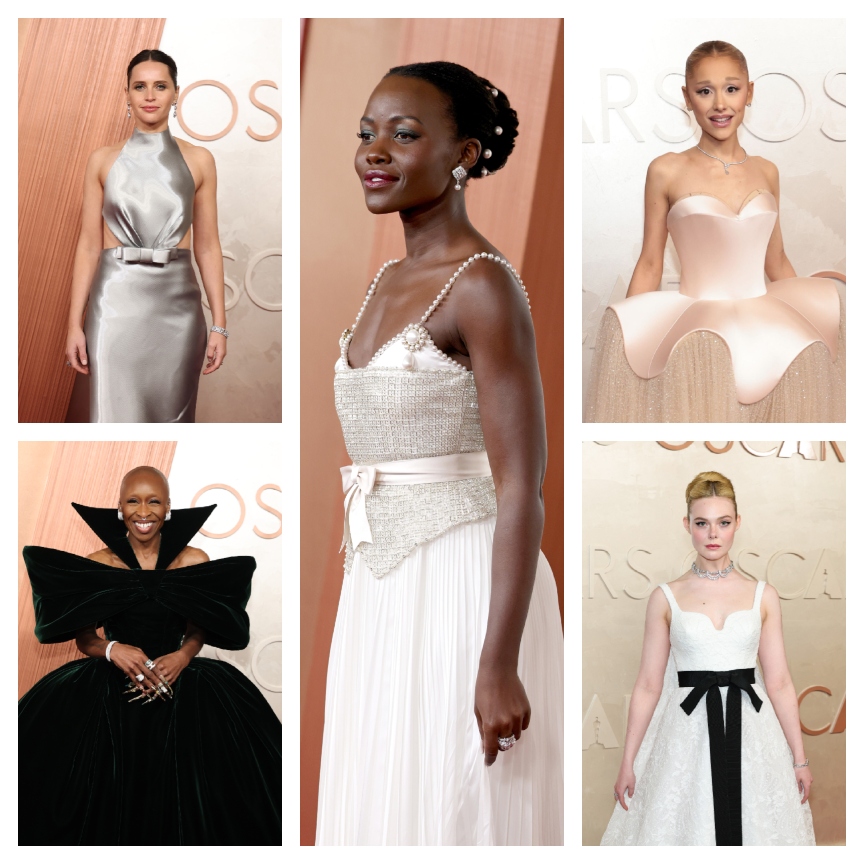Oscars
Discover the big winners and latest goings-on from the 2025 Oscars, brought to you by Marie Claire.
-
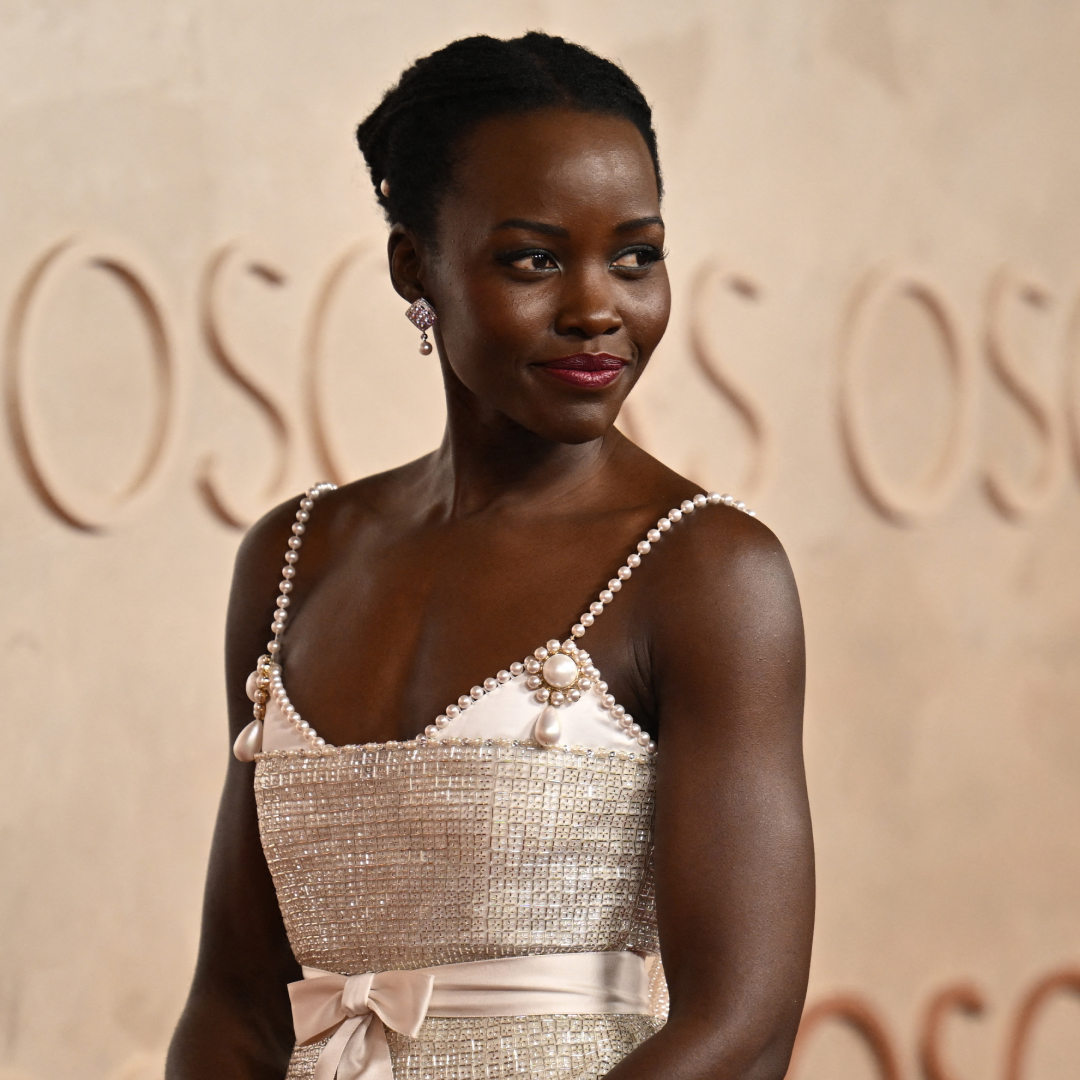
How Stylist Micaela Erlanger Crafted a Decade of Standout Lupita Nyong'o Oscars Looks
The duo has been inseparable since Nyong'o's first ceremony.
By Halie LeSavage Published
-
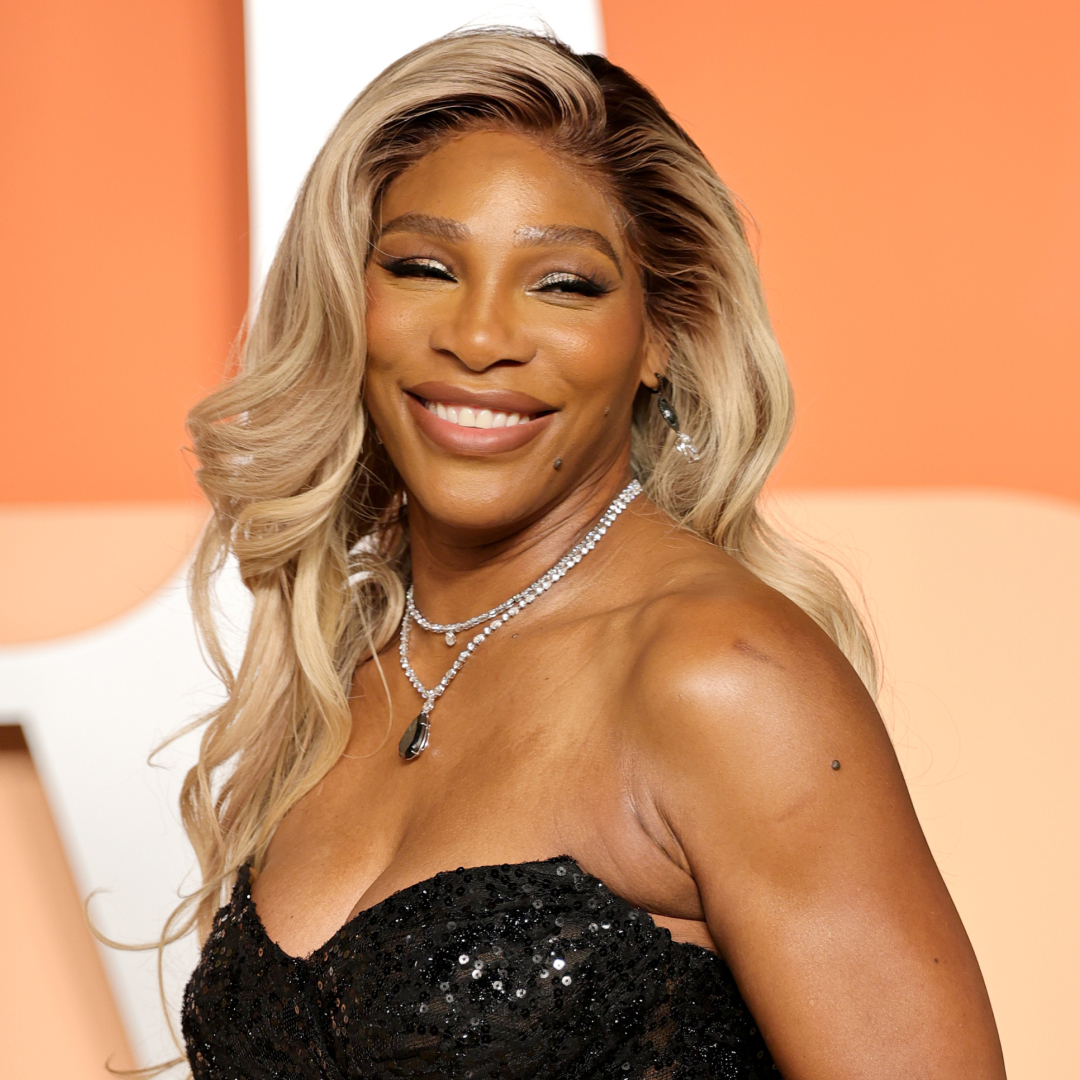
Serena Williams's Red Carpet Watch Arrives Right on Time
It's a perfect match to her black Dolce & Gabbana ballgown.
By Halie LeSavage Published
-
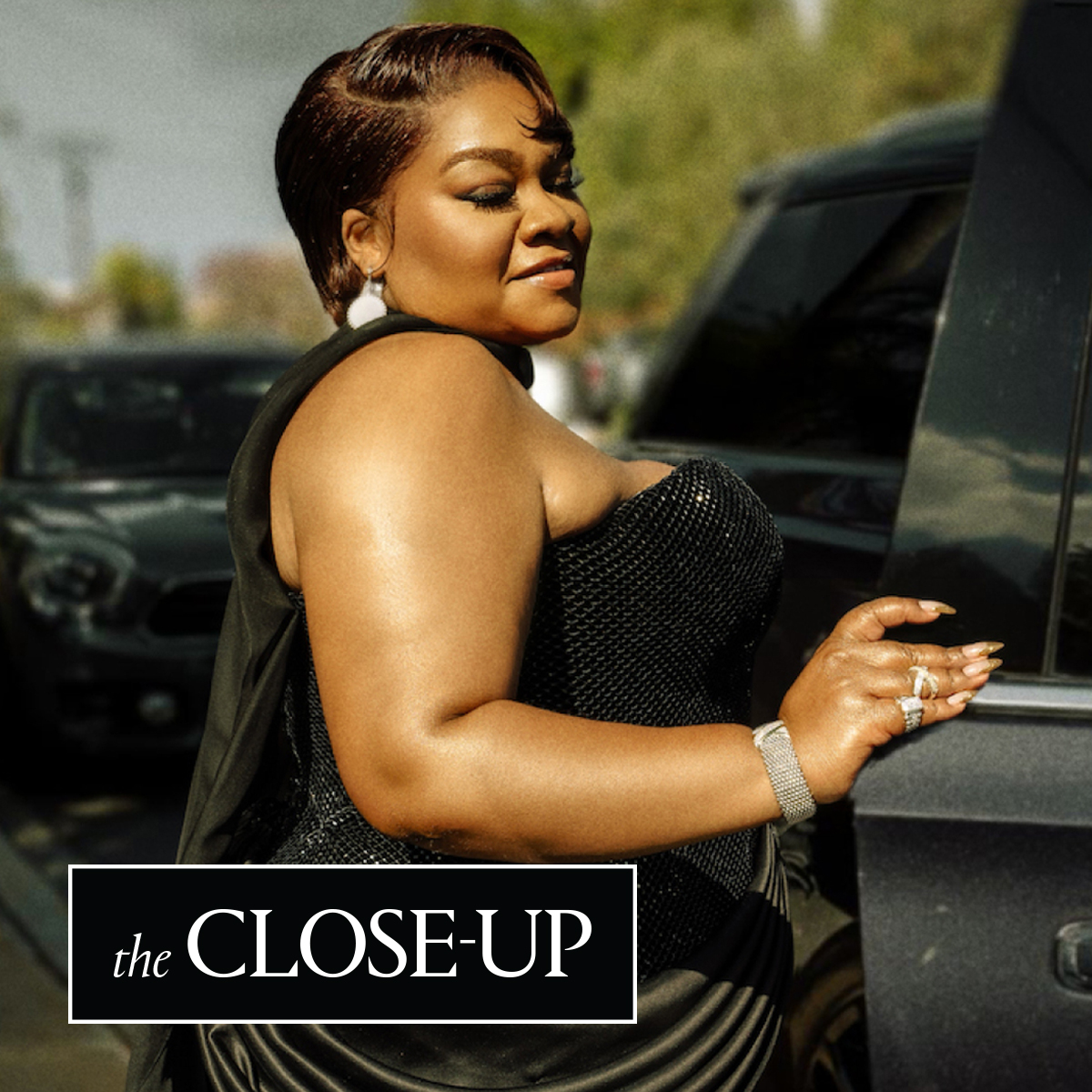
Da'Vine Joy Randolph on the "Freedom" of Her Bespoke Oscars Dress
The Academy Award-winner feels more like herself than ever.
By Halie LeSavage Published
-
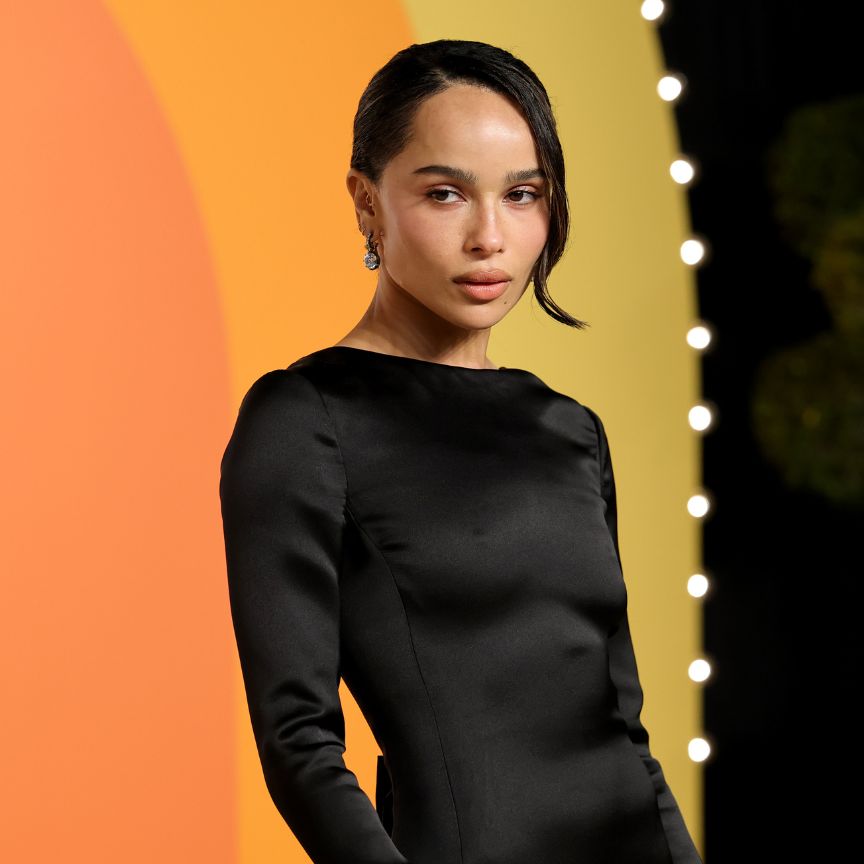
It Would Be Hard to Upstage Zoë Kravitz's Cheeky Oscars After-Party Dress But Her Cherry Red Manicure Just About Did It
It took 26 tries to find the perfect shade.
By Hannah Baxter Published
-
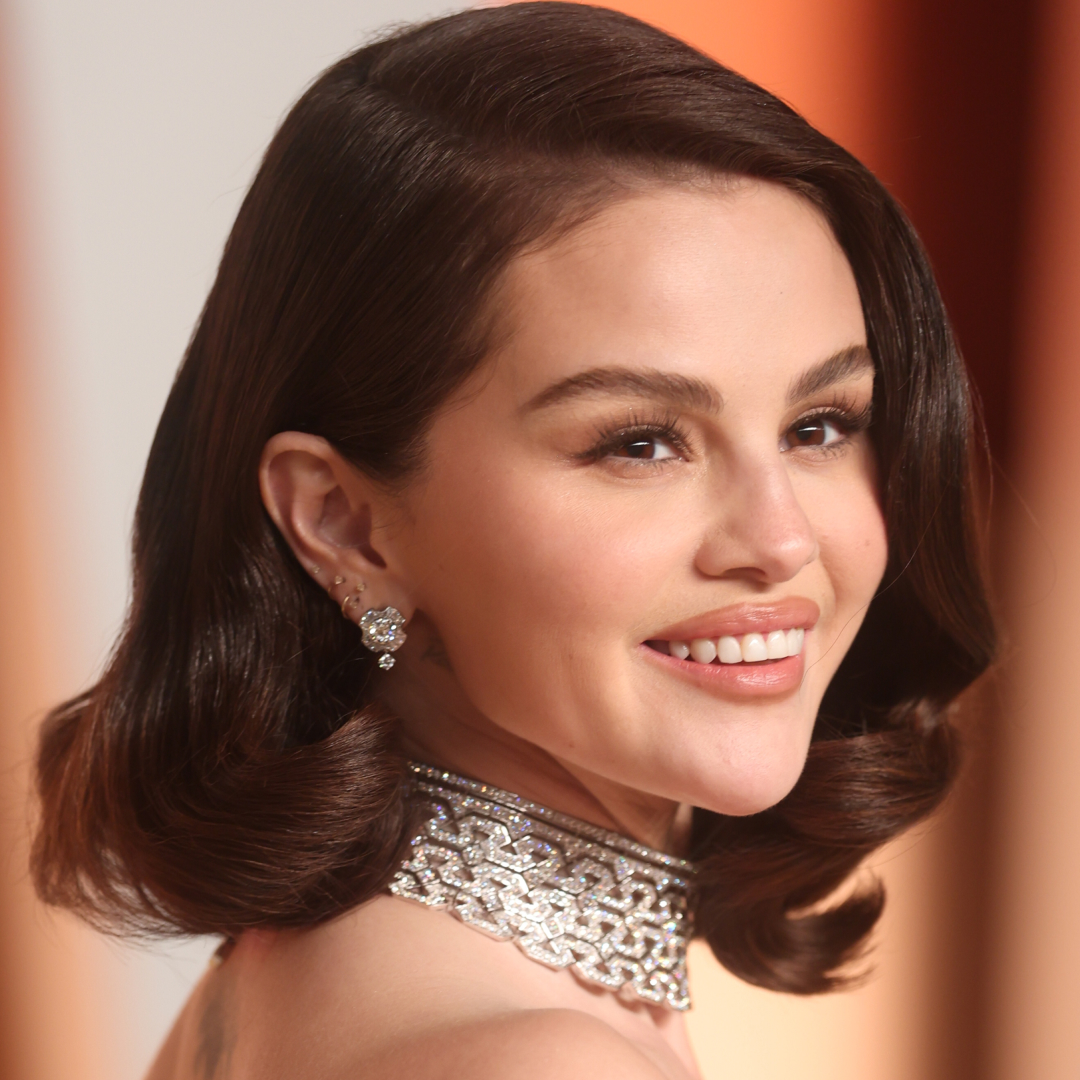
Selena Gomez Borrows Diamond Jewelry Rarer Than Her Engagement Ring
She looked like a billion bucks in this Bulgari choker.
By Hanna Lustig Published
-
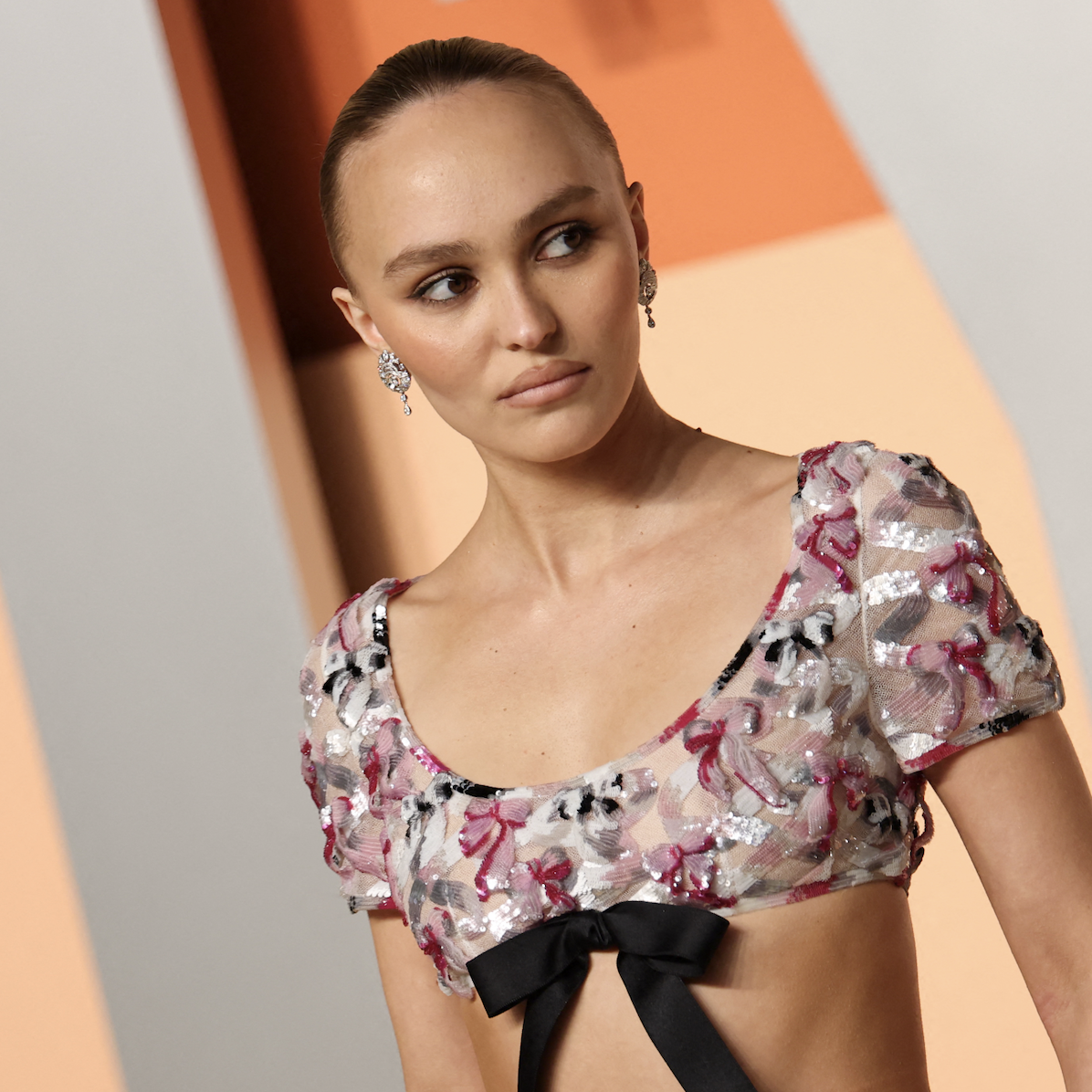
Lily-Rose Depp's Oscars After-Party Look Is a Major Vibe-Shift
The coquette trend has officially rallied.
By Kelsey Stiegman Published
-
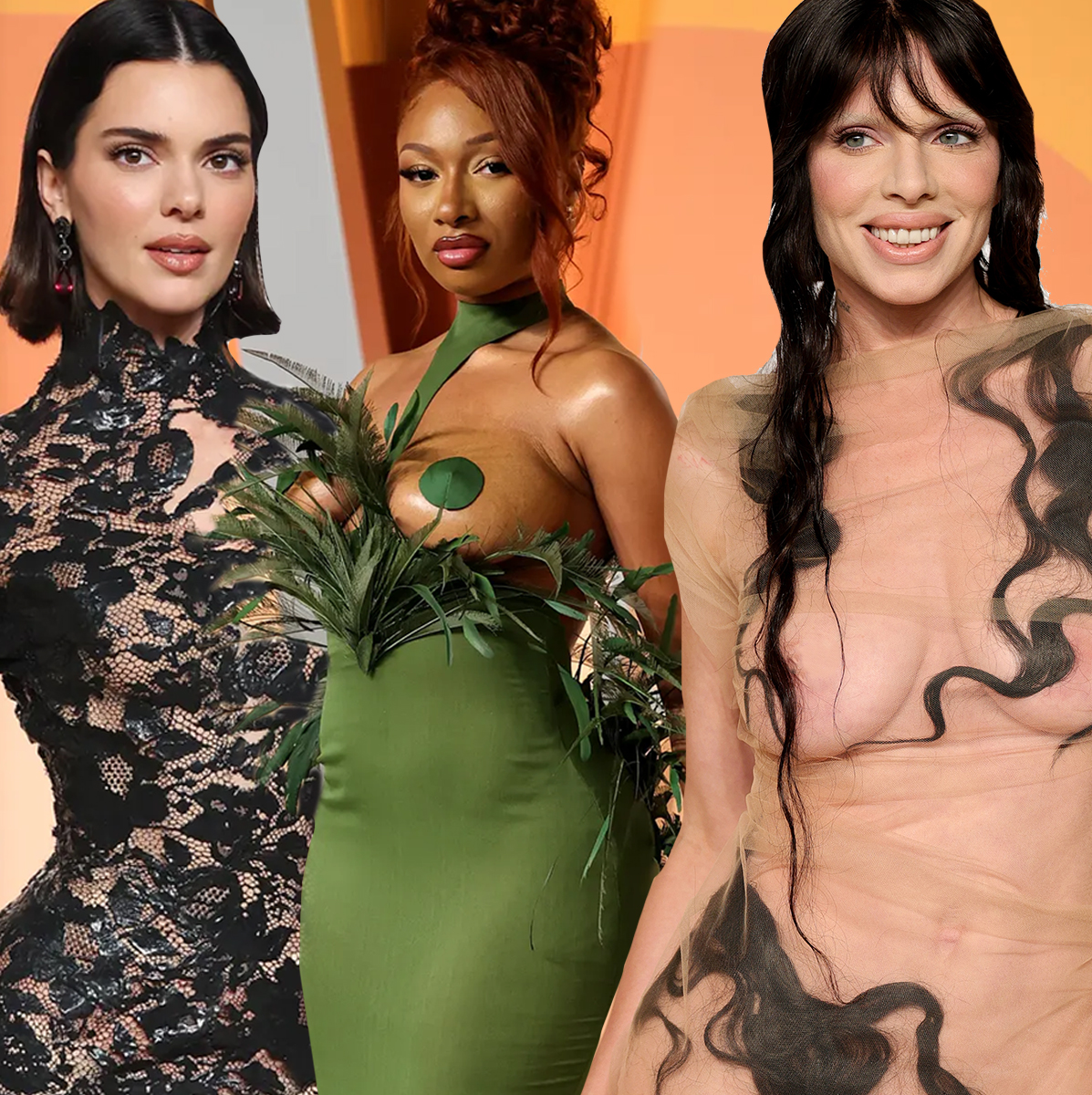
The 'Vanity Fair' Oscars After-Party Looks Redefine "Head-Turning"
Nearly-naked dresses were just the start.
By Kelsey Stiegman Published
-
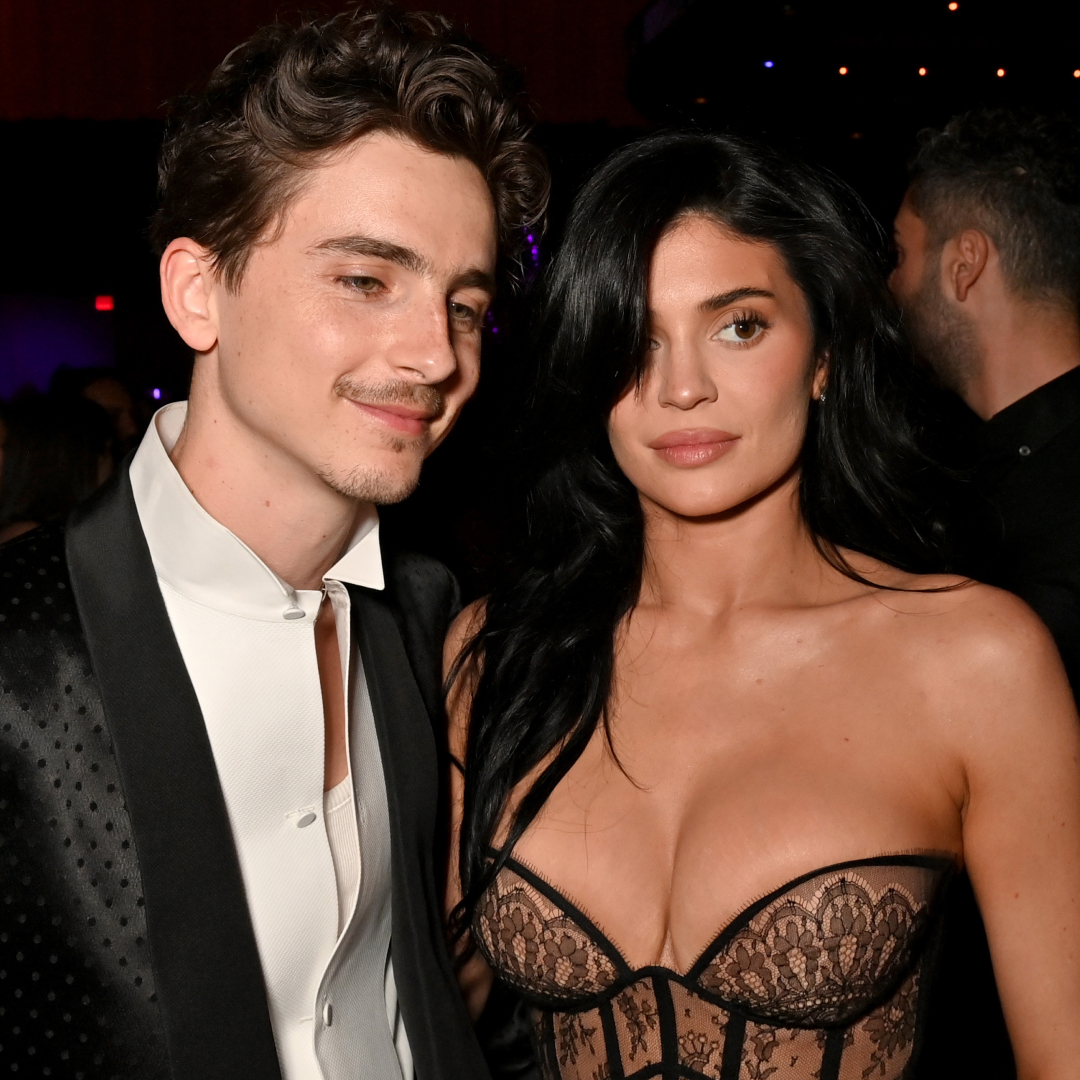
Kylie Jenner Turns the Oscars After-Party Into Date Night
Her lacy corset dress set the mood.
By Halie LeSavage Published
-
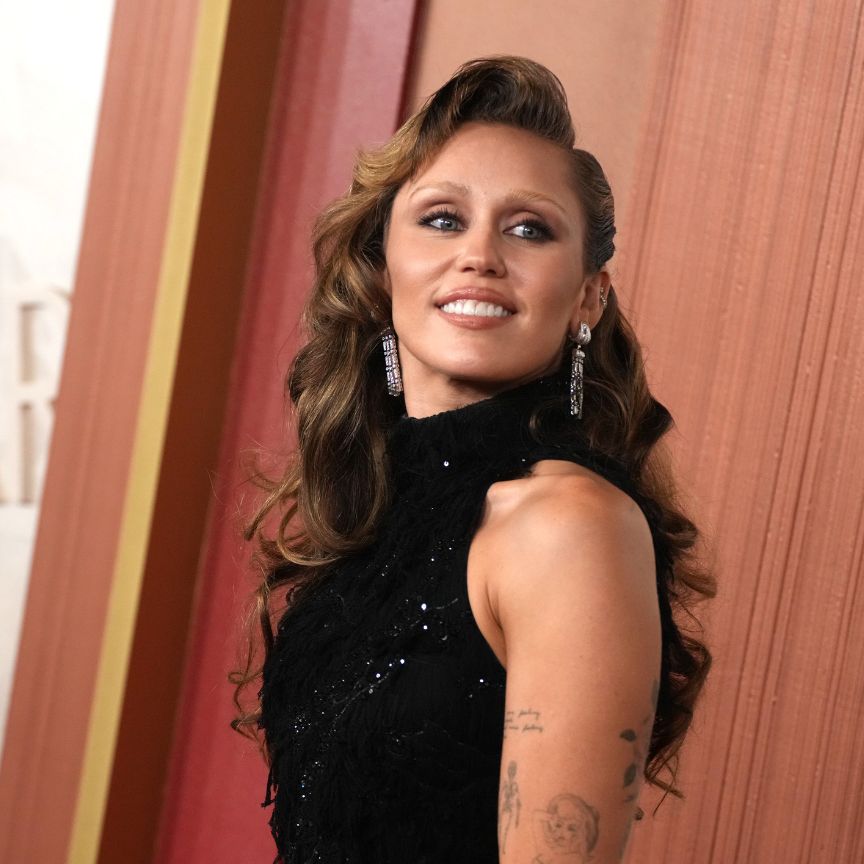
Miley Cyrus Chopped Her Hair for the Oscars After-Party and Looks So Berlin Nightclub Chic
We love a dramatic quick change.
By Hannah Baxter Published
-
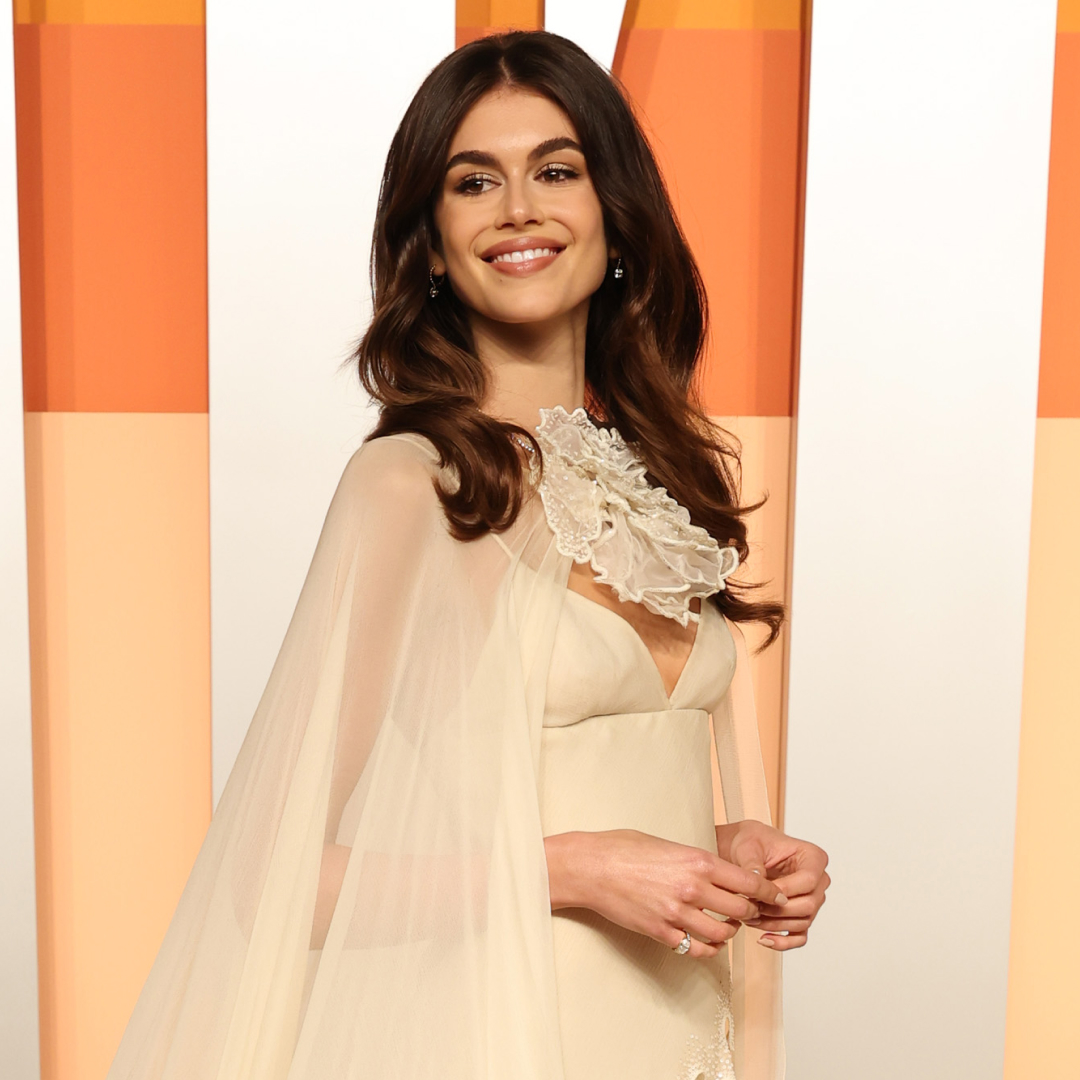
Kaia Gerber Goes Back to the Boho Source for the Oscars After-Party
Courtesy of vintage Valentino.
By Halie LeSavage Published
-
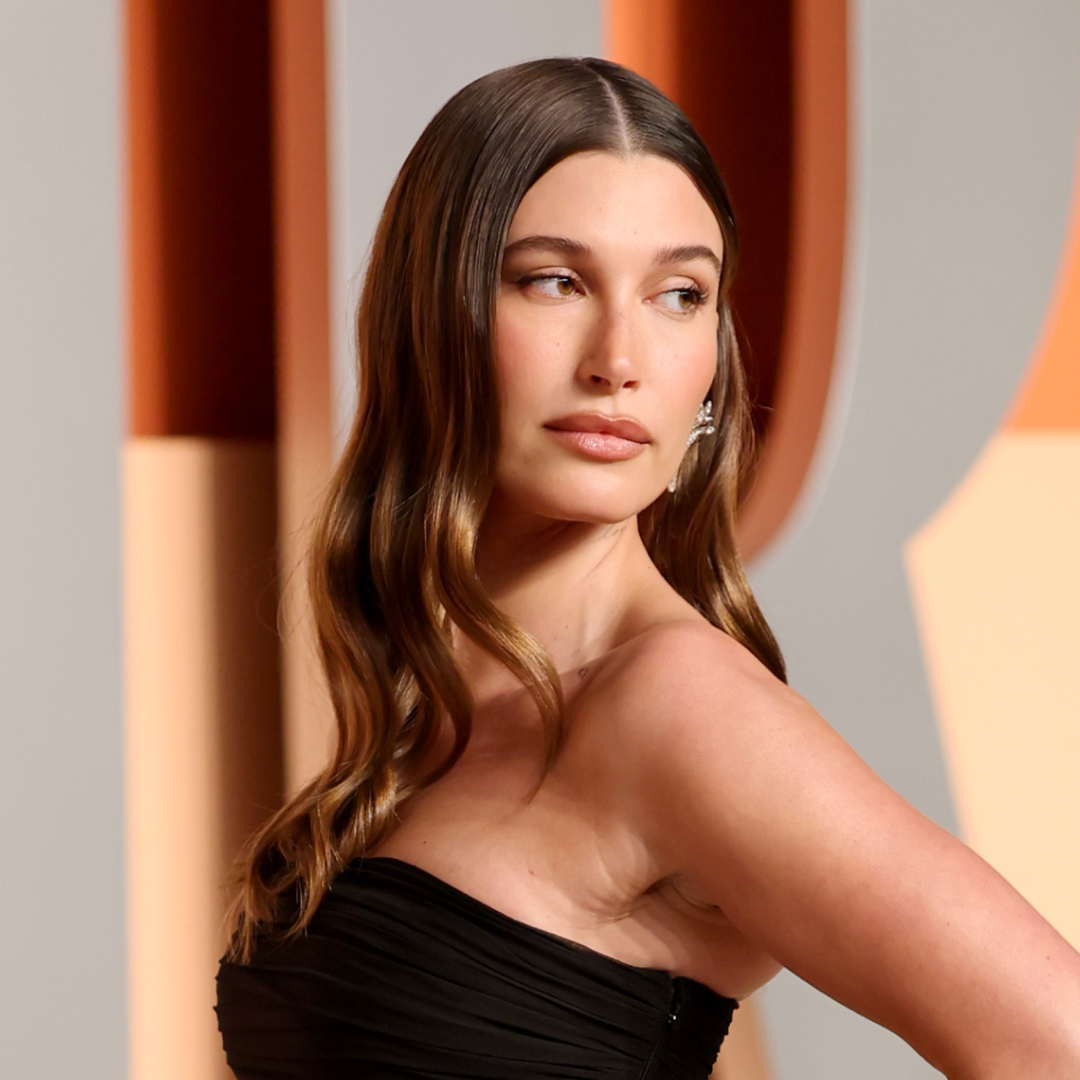
Hailey Bieber Invokes Old Hollywood in Vintage Saint Laurent
The 1987 strapless gown transforms into a sheer skirt at her thigh.
By Amy Mackelden Last updated
-
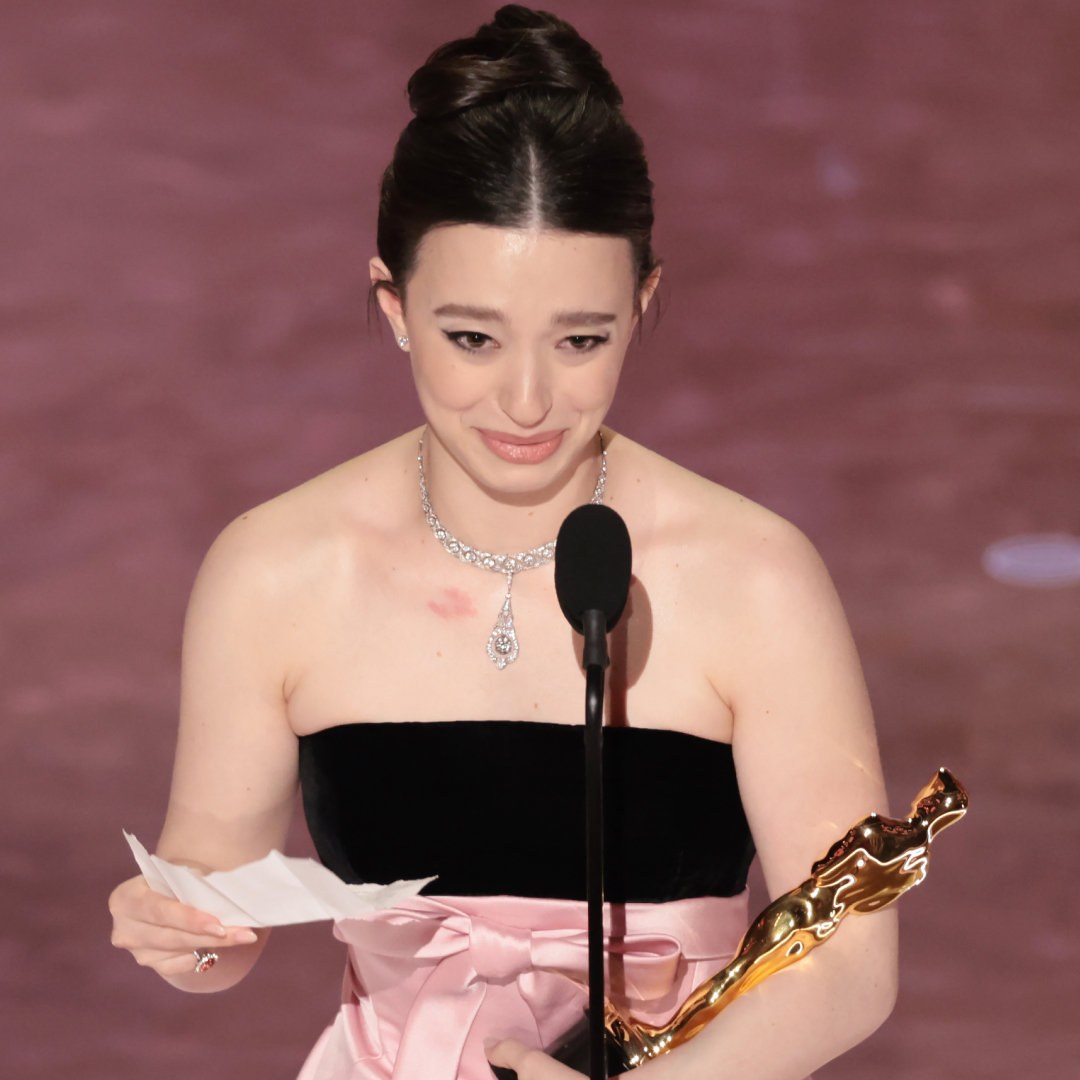
'Anora' Star Mikey Madison Honors the Sex Worker Community As She Wins Best Actress at the 2025 Oscars
"I will continue to support and be an ally."
By Quinci LeGardye Published
-
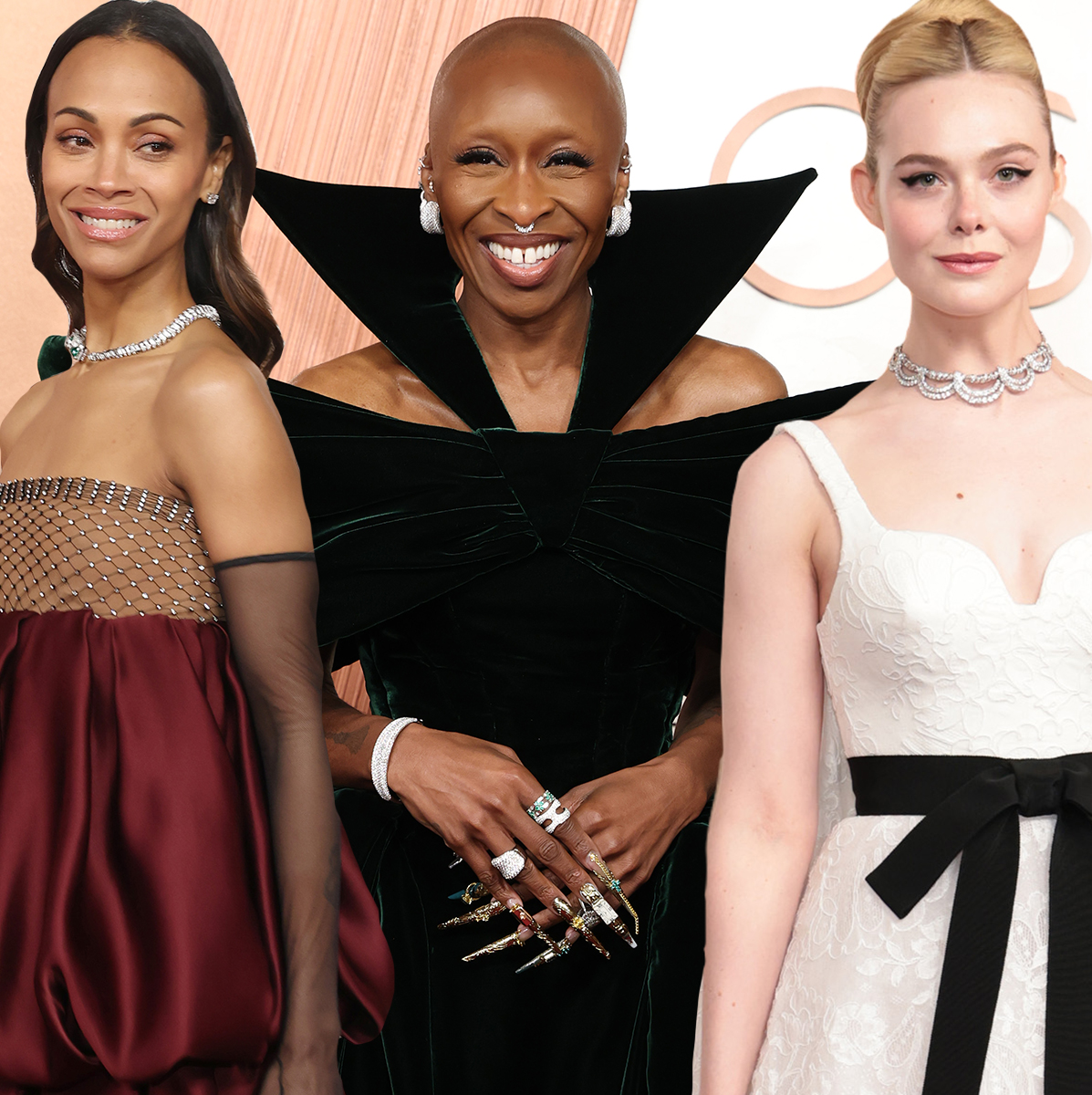
Every Single Look From the 2025 Oscars Red Carpet
What did your favorite A-lister wear to Hollywood's biggest night?
By Brooke Knappenberger Last updated
-
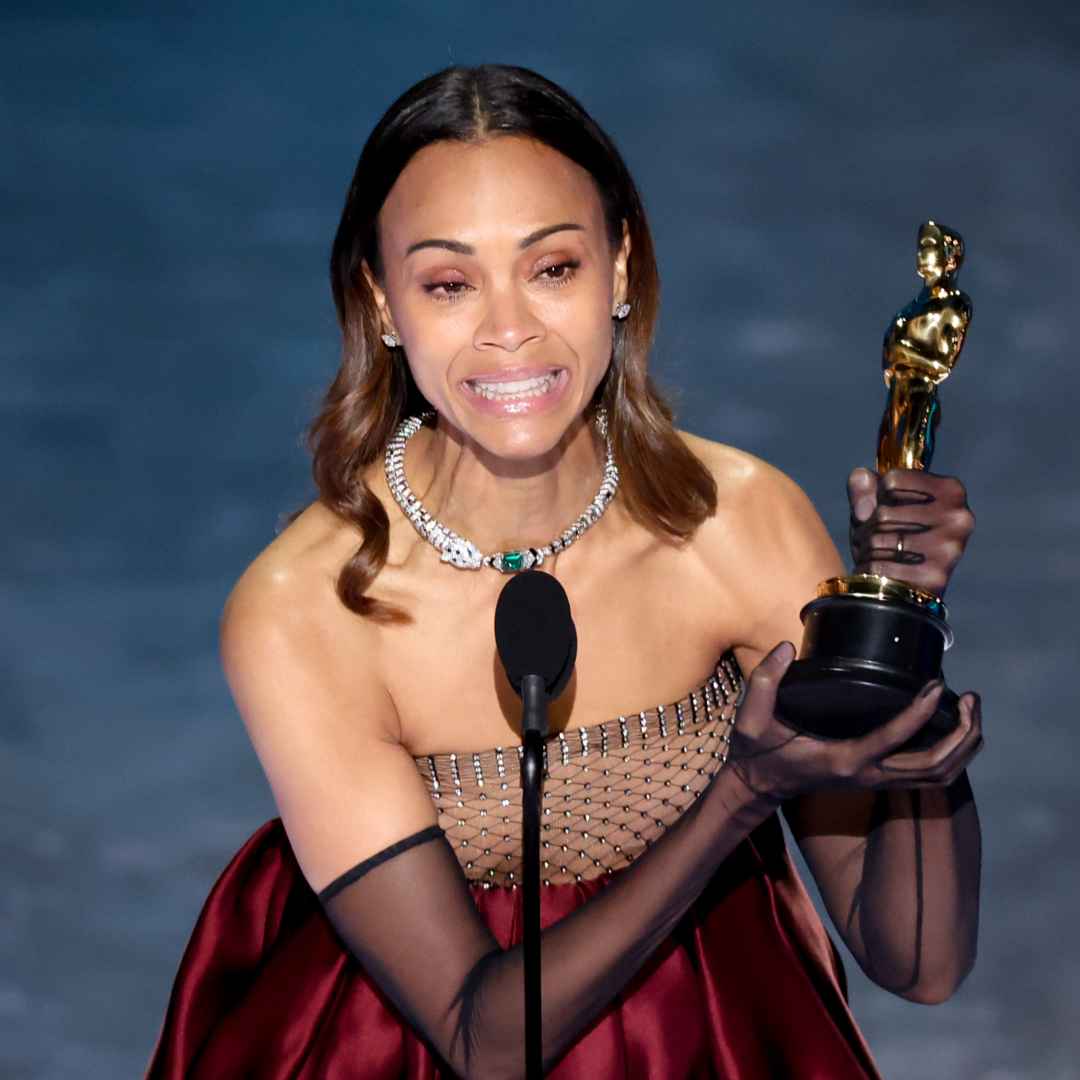
Zoe Saldaña Honors Her "Immigrant Parents With Dreams" as She Becomes the First Dominican-American to Win an Oscar
"I am the first American of Dominican origin to accept an Academy Award and I know I will not be the last."
By Quinci LeGardye Published
-
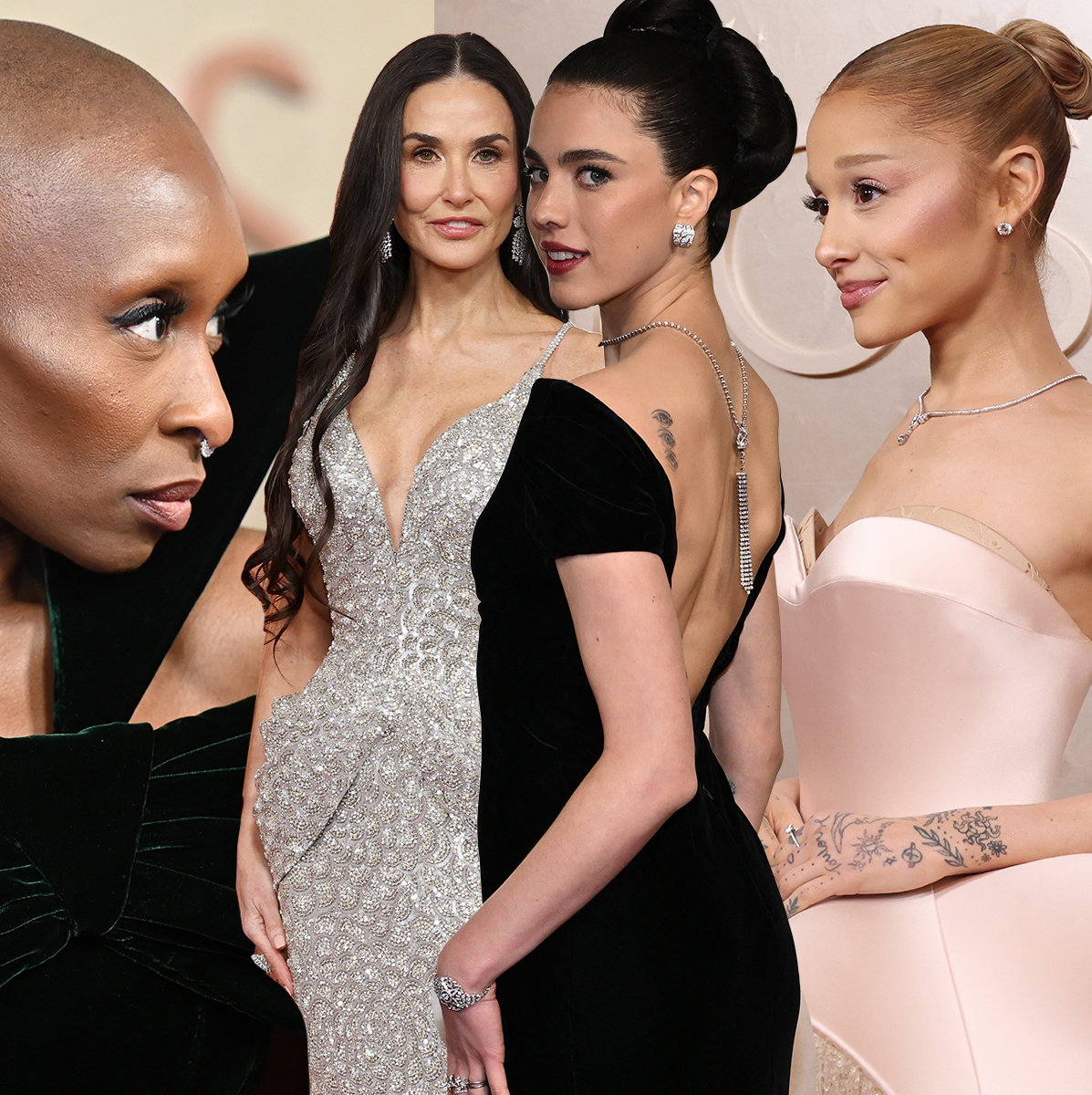
Method Dressing Went Subtle at the 2025 Oscars
From thoughtful color choices to blink-and-you-miss-it details.
By Emma Childs Published
-

LISA, Doja Cat, and Raye Channel 007's Glamour at the 2025 Oscars With a 'James Bond' Tribute Performance
The Academy Awards are for the pop girls, actually.
By Quinci LeGardye Published
-
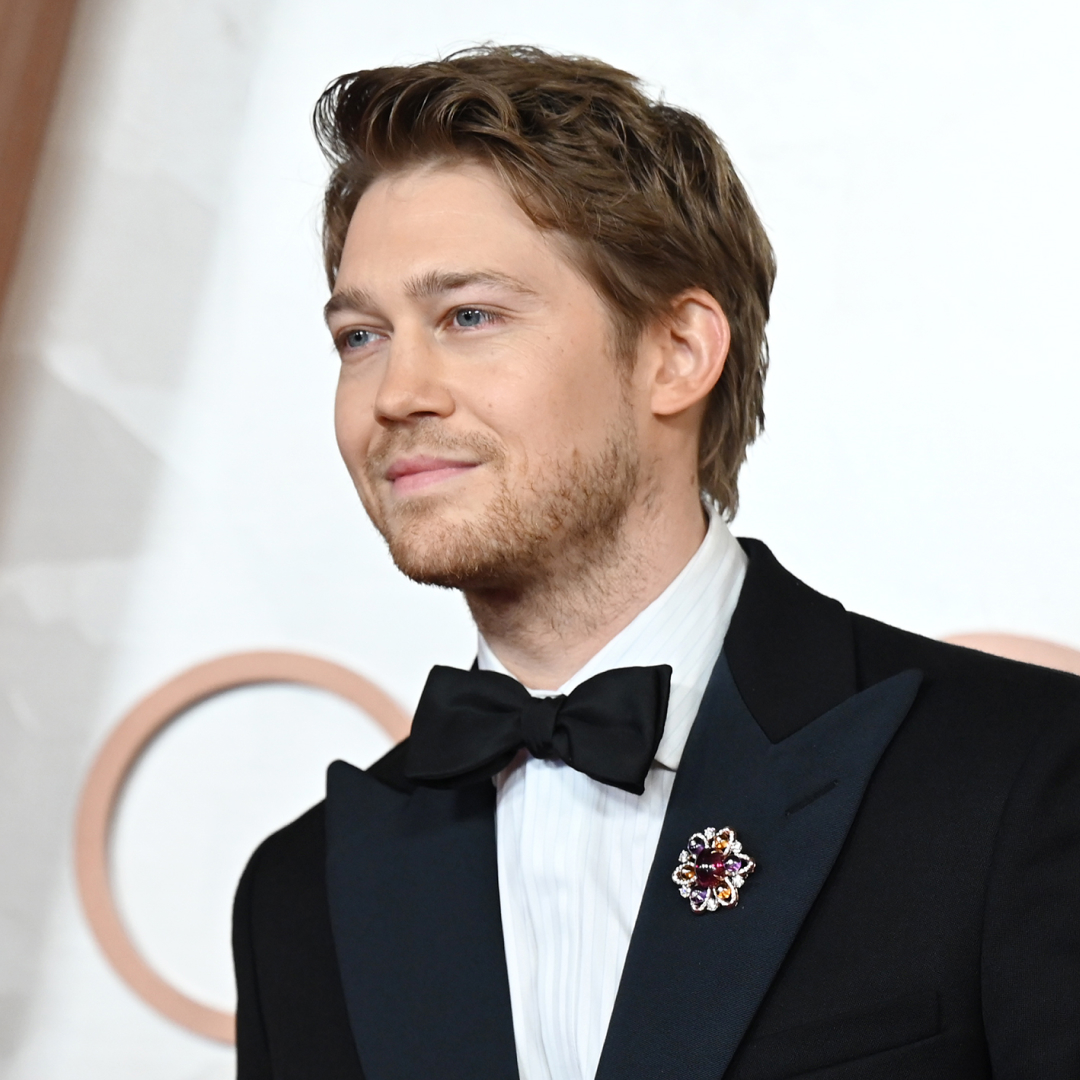
Taylor Swift's Ex Just Teased His Interest in Playing the Next James Bond at 2025 Oscars
With speculation swirling about who could take over the iconic role, Joe Alywn told a red carpet reporter how he felt about playing the character.
By Lia Beck Published
-
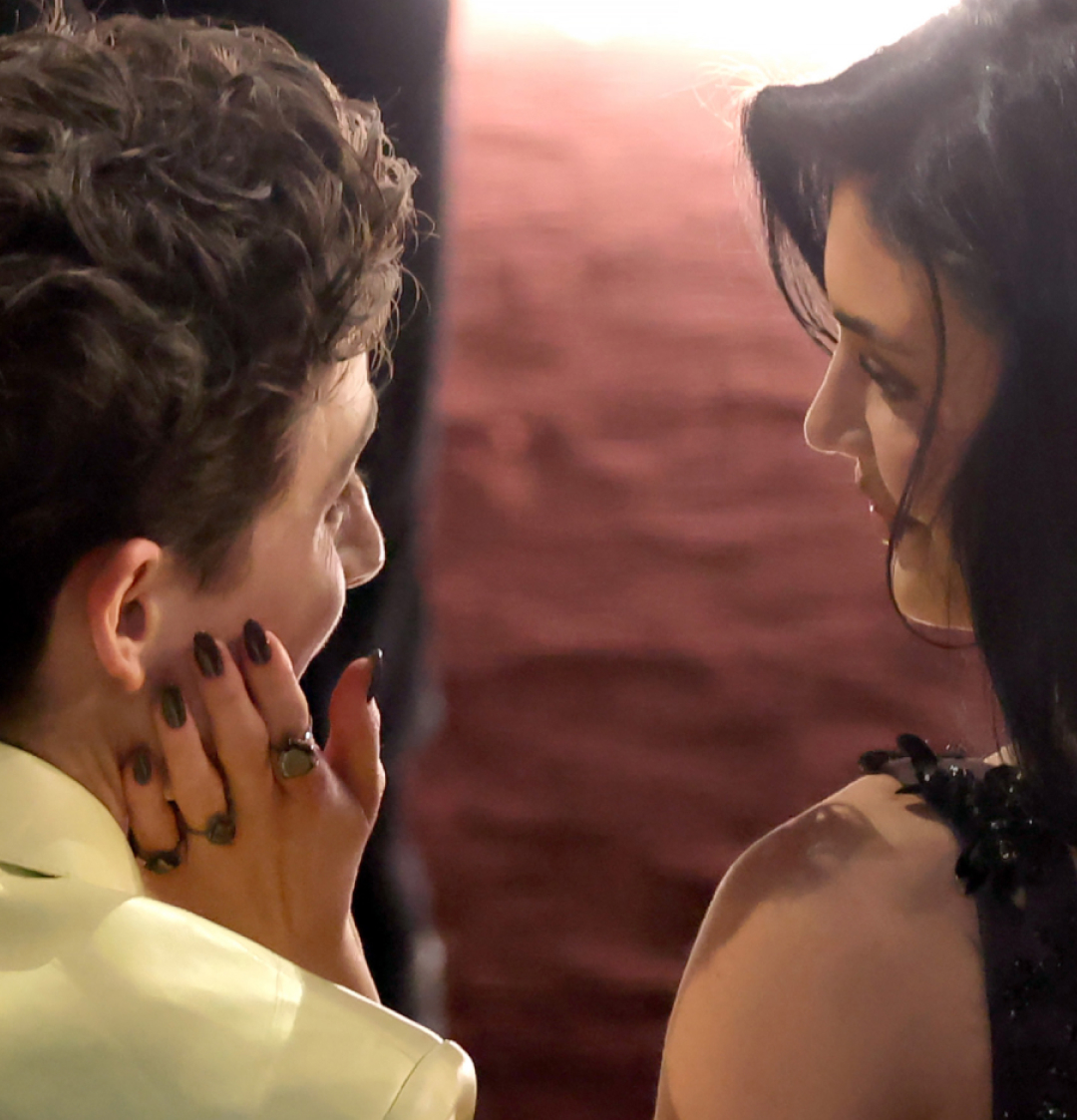
Kylie Jenner and Timothée Chalamet Kiss and Snap Selfies During Loved-Up Oscars Date Night
The duo finished out awards season on a high note.
By Kristin Contino Published
-
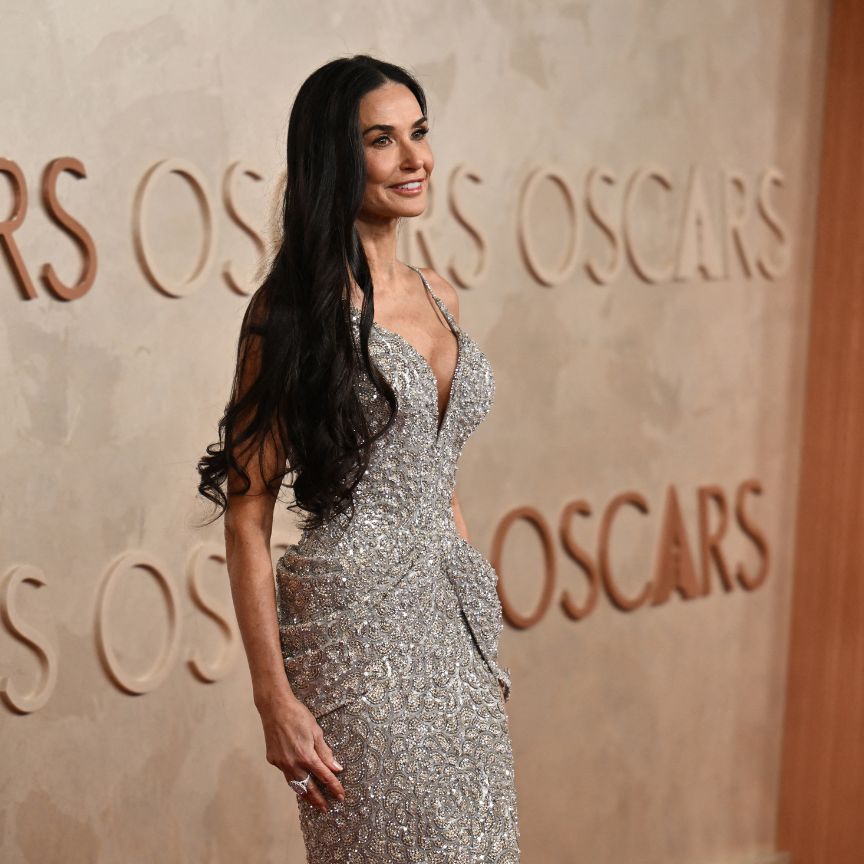
Demi Moore's Oscars Hairstyle Is a Throwback to This 2000s Cover Story
Her signature look remains iconic.
By Hannah Baxter Published
-
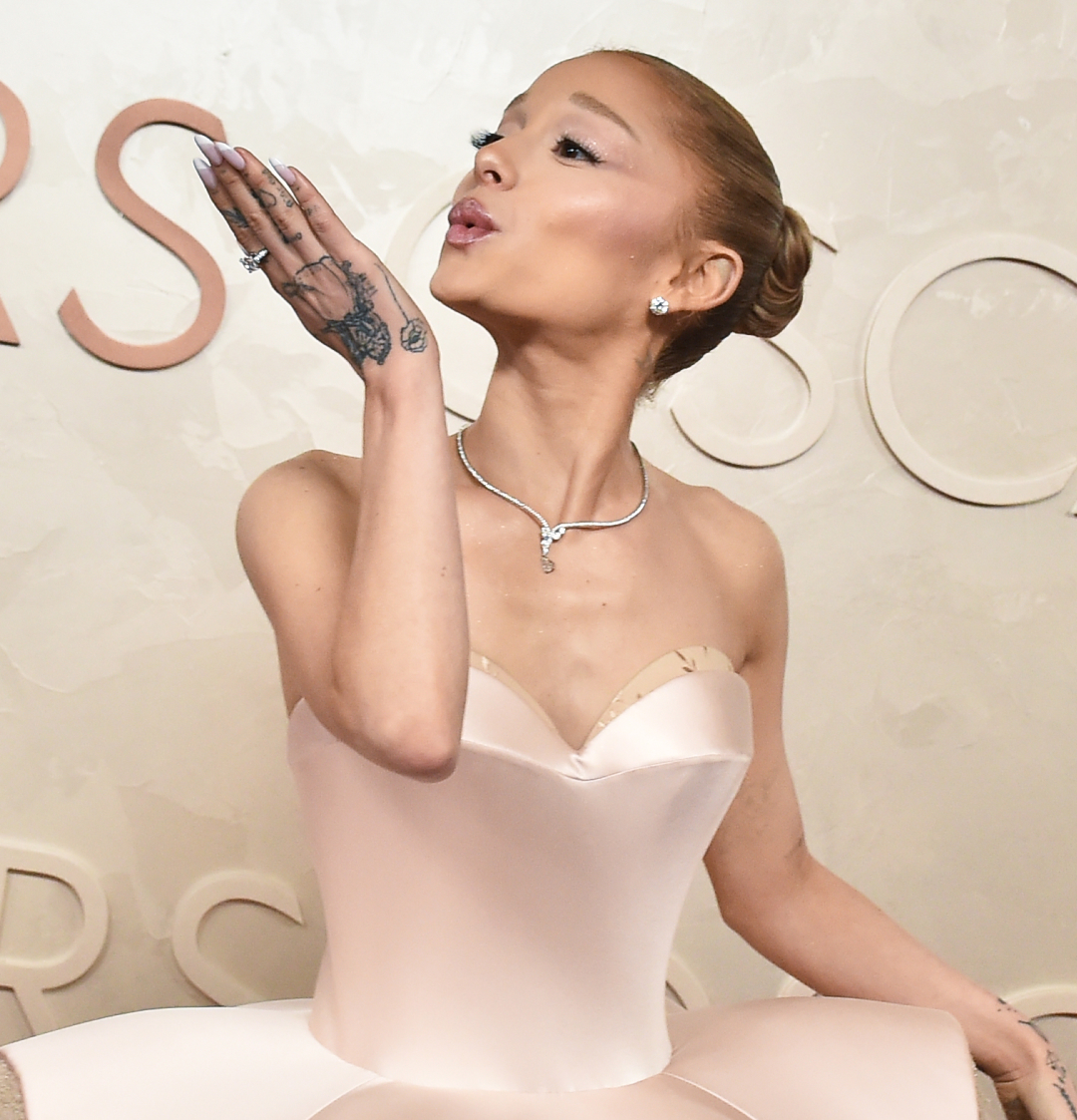
Ariana Grande Teases a New Album Drop on Oscars Red Carpet: "Keep Your Eyes Peeled"
"The next step is...It means it must come out."
By Kristin Contino Published
-

Ariana Grande and Cynthia Erivo Defied Gravity at the 2025 Oscars With a Showstopping 'Wicked' Performance
The awards show began with a medley of songs inspired by the Best Picture-nominated film and adaptations of 'The Wizard of Oz.'
By Quinci LeGardye Published
-
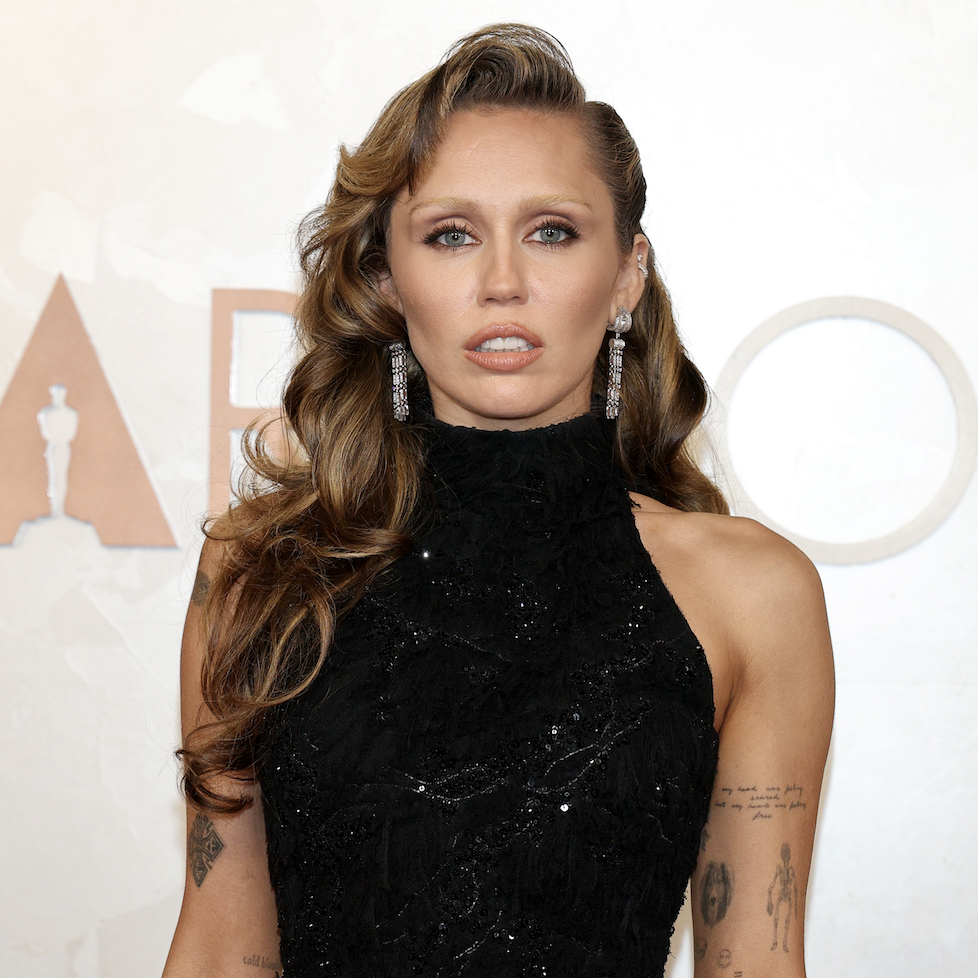
Miley Cyrus Accessorizes Her 2025 Oscars Look With a New Man
This is the ultimate red carpet power play.
By Kelsey Stiegman Published
-

Kylie Jenner Sneaks Into the 2025 Oscars Wearing a Beaded Bustier Gown
The mogul is back by nominee Timothée Chalamet's side.
By Hanna Lustig Published
-
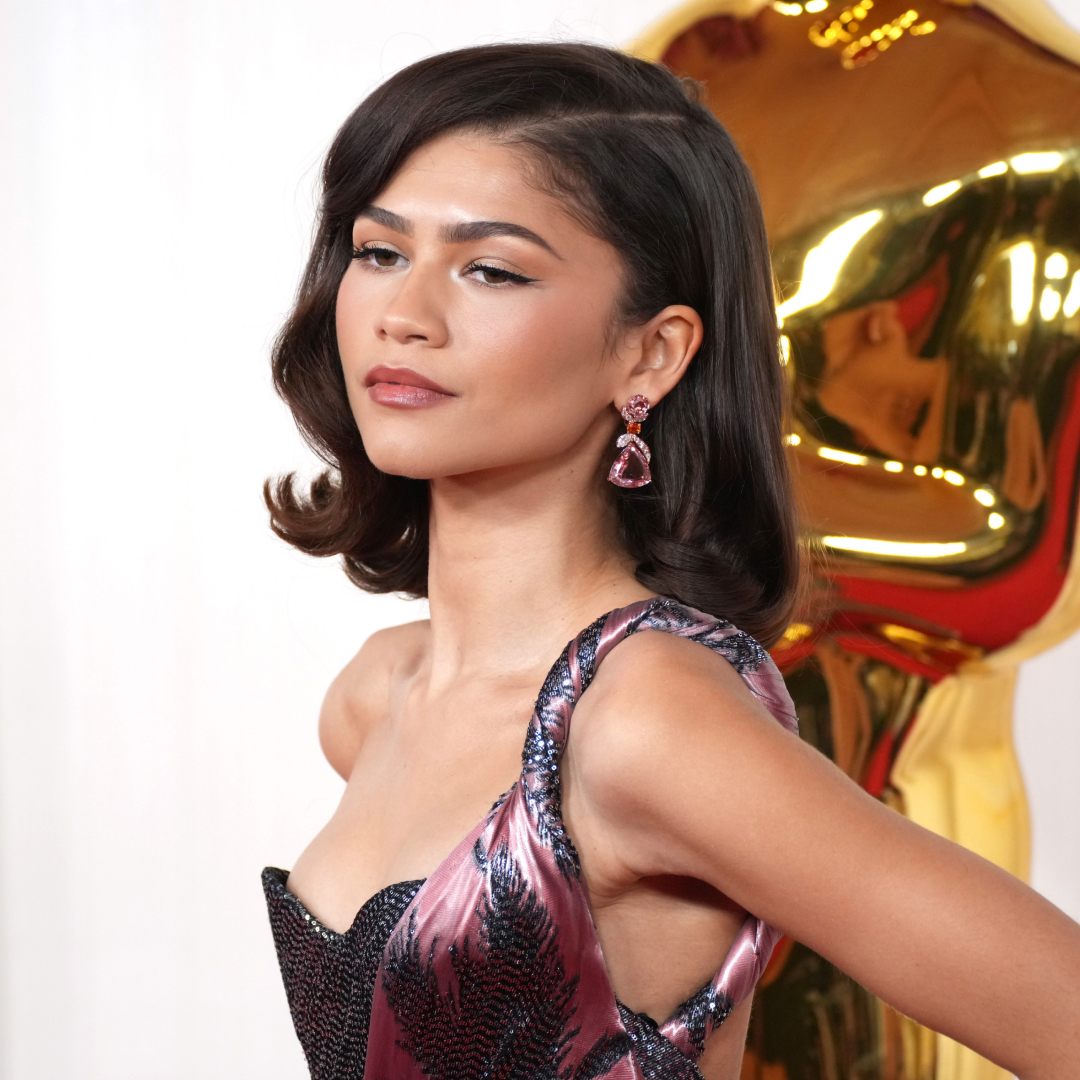
Where Is Zendaya—and Her Winning Red Carpet Oscars Dress?
Alas, she wasn't anywhere to be seen at the ceremony.
By Halie LeSavage Published
-

Timothée Chalamet Held Hands With Someone Other Than Kylie Jenner on the Oscars Red Carpet
Looks like Timmy's got two dates.
By Lia Beck Published
-
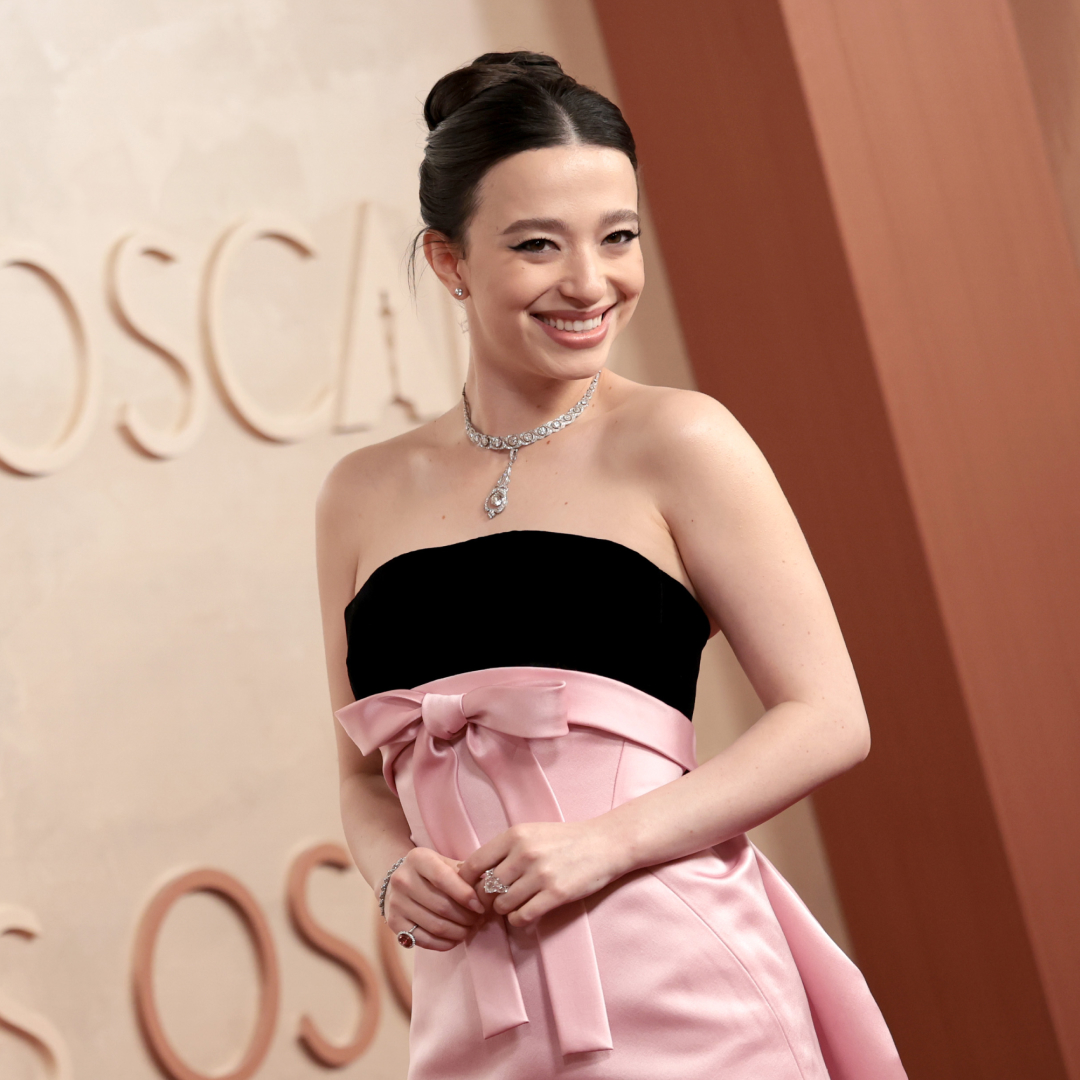
Mikey Madison Is a New-Era Hollywood Starlet on the 2025 Oscars Red Carpet
The actress surprised in a sweet Dior gown and a 115-year-old Tiffany necklace.
By Emma Childs Published
